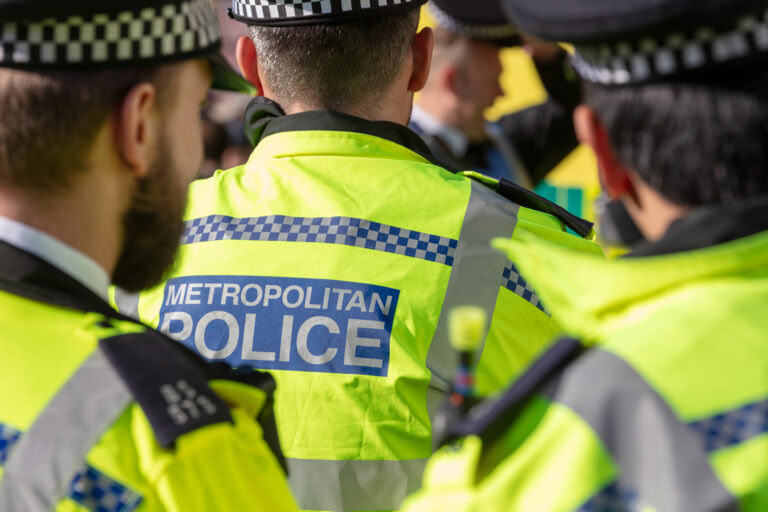New report examines the sexual abuse of children in sports
Over the years, I have represented many survivors of childhood sexual abuse, including those abused by their sporting coaches, so it was with great interest that I read the report released by The Independent Inquiry into Child Sexual Abuse and the Truth Project which focuses on child sexual abuse within sports at a grassroots level between the 1950’s and the early 2010’s. The report provides an analysis of the accounts of nine survivors who suffered abuse in a sporting context, the response of those organisations/institutions involved and recommendations for change.
It is well known that participating in sport benefits a child’s physical, psychological and social development. For many children, participating in sports is simply an enjoyable hobby. For some it is an opportunity to spend time away from a difficult home life. For others, it is the start of a career. Whatever their reason for taking part in sporting activities and whichever sport they choose, children have a reasonable expectation that their coaches and other adults involved will keep them safe. Sadly however, the sexual abuse of children in a sporting context has been prevalent for many years. This report highlights that sporting activity can allow adults unsupervised access to children. Where physical contact forms part of the sport itself, this can result in adults touching children inappropriately, often without raising suspicion. Similarly, it is not unusual for a coach to correct technique by physically moving a child into position. This too can lead to them touching a child inappropriately under the guise of behaving legitimately.
It is common for sexual predators to attempt to normalise their behaviour and this is recognised by the report. One Trust Project participant who was abused in a sporting context said, “Around the time when I was 14, he started making comments, I didn’t really think anything of it, during my lessons. That then progressed, around the time when I was in work experience was the first time that I would say anything actually that probably crossed a line. And then after that, things sort of escalated.” Another said “He was quite a touchy, feely person, which at the training you – I can picture him putting his arm around kids and stuff like that. He did it with me.”
This report importantly explores the typical behaviours adopted by abusers in a sporting context. Such behaviours are however not unique to abusers in sport and they reflect many of the behaviours of perpetrators who abuse children in a variety of different settings. These behaviors include: “perpetrators actively approaching parents outside of the sports context to look after or take children out unsupervised; perpetrators arranging overnight stays with children; and a lack of supervision or oversight of adults working in sports, particularly those operating as leaders or as private coaches or instructors.” Such behaviours have been true of the perpetrators who have abused my clients. Coaches have befriended parents and gained their trust. They have offered to drive their children to and from training sessions. They have provided additional training sessions and arranged overnight stays at their home. The children and their parents often viewed the perpetrator as a family friend and this ultimately made the abuse all the more devastating.
The report also draws attention to the use of grooming and coercion by the abusers. As is the case in so many instances of childhood sexual abuse, abusers in sport are often authority figures, who hold great power. One of my clients recently described Bob Higgins, who was convicted of abusing boys in the 1980’s whilst youth coach at Southampton Football Club, as a “king maker”. He was the one who could make the youth players’ dreams of becoming a professional footballer a reality. This demonstrates that often a sporting coach can become an integral part of a child’s life, making them more susceptible to the grooming techniques the perpetrator employs. Grooming often takes the form of “trips or treats”, things their parents cannot afford. The report also supports the fact that “some perpetrators gave the children they abused particular privileges within the sports club, such as allowing them to play with older children or in better teams...” This was true in respect of many of my clients abused by Higgins.
I was saddened but not surprised to read that a key theme discussed by participants was how much some “wanted, or tried, to tell someone about what was happening to them but how difficult this was.” Furthermore their accounts demonstrated that sports and other institutions knew about the abuse they were suffering or had suspicions, yet did nothing to protect them. Those who did disclose as children were often “dismissed or ignored and subject to victim-blaming responses by adults in a range of institutions”. This too reflects the experiences of many of my clients who found the courage to disclose at the time the abuse took place.
I welcome the research carried out by the Independent Inquiry into Child Sexual Abuse and the Truth Project and the victims and survivors’ recommendations for change. It is now universally accepted that survivors of childhood sexual abuse often suffer lifelong debilitating psychiatric injuries and their lives can be blighted as a result. In order to protect our children and the children of the future, we must continue to scrutinise the extent to which institutions and organisations have failed to protect children from sexual abuse in the past and lessons must be learned. We all have a part to play in child protection. We must continue to raise awareness not only of abuse in sport, but in all settings. We need to listen and learn from survivor’s experiences so that we can educate ourselves and our children.










